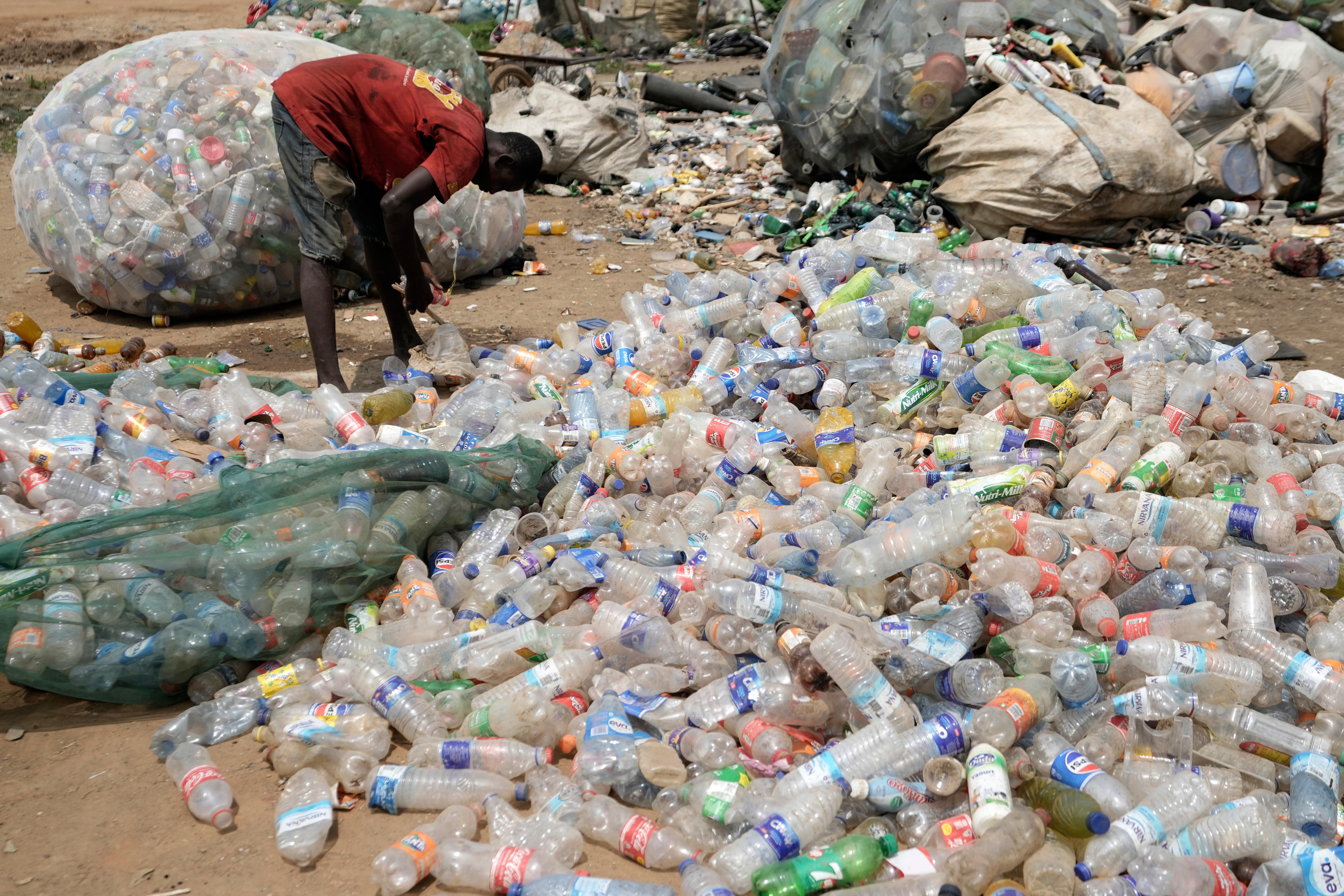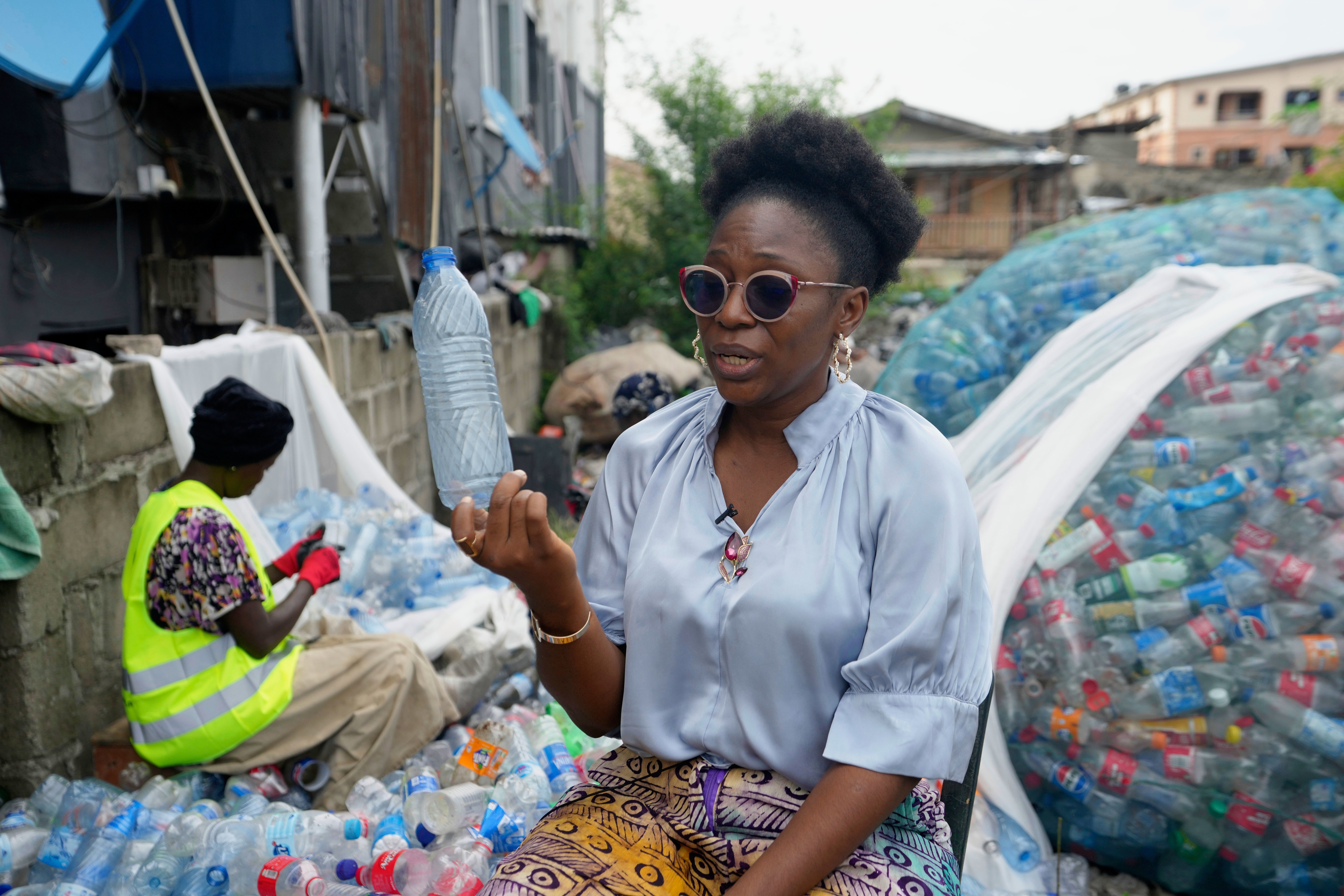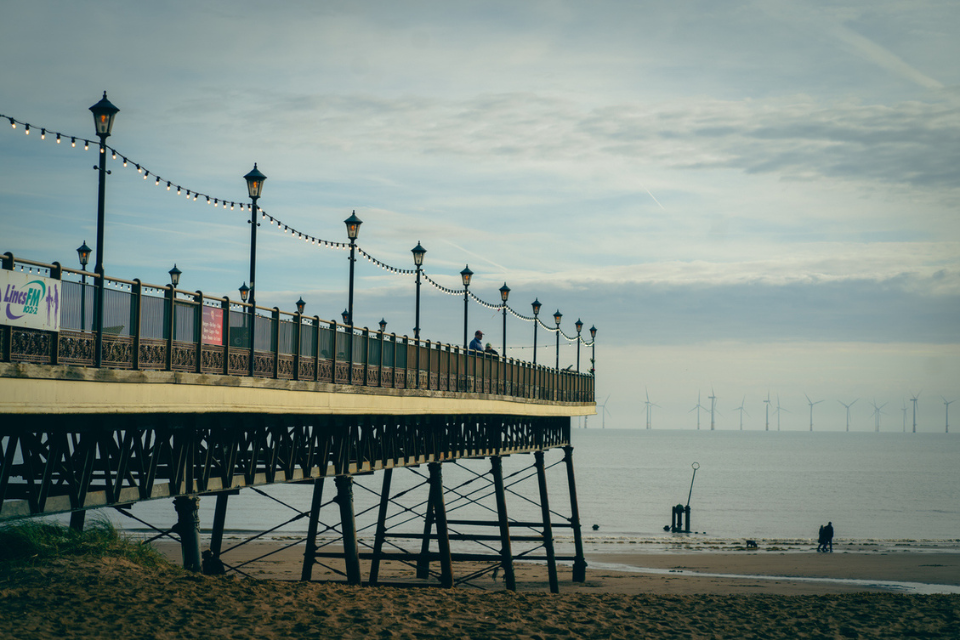Nigerian shop manager Olarewanju Ogunbona uses Styrofoam and plastic packaging multiple times a day, a common practice in Lagos, one of the world’s most plastic-polluted urban areas.
The megacity’s over 20 million residents contributed 870,000 tonnes to the global 57 million tonnes of plastic waste in 2024.
Last month, Lagos state authorities imposed a ban on single-use plastics, but its effectiveness is being undermined by weak enforcement and a lack of viable alternatives, according to residents.
The law, which commenced on 1 July, prohibits items such as cutlery, plates, and straws, with offenders risking business closure. However, other plastic forms, comprising a smaller percentage of the city’s waste, remain in use.
The ban is far from fully implemented, with some shops still openly displaying Styrofoam packs.
Mr Ogunbona, who continues to purchase his meals in such packaging, observed: “Sellers are still using it very well.” This ongoing reliance highlights the significant challenge facing Lagos in its bid to curb its pervasive pollution problem.
A global treaty on plastics

In Geneva this week, countries including Nigeria are negotiating a treaty to end plastic pollution. Such talks broke down last year, with oil-producing countries opposed to any limits on plastic production. In large part, plastics are made from fossil fuels like oil and gas.
Lagos generates at least 13,000 tons of waste daily, almost a fifth of which is plastics, officials have said. In the absence of a proper waste management system, most of it ends up in waterways, clogging canals, polluting beaches and contributing to devastating floods.
Although the state government has promoted the ban on single-use plastics as a major step, watchdogs are skeptical.
“Its effectiveness is limited without strong enforcement, affordable alternatives for low-income vendors and meaningful improvements in the city’s overwhelmed waste management systems,” Olumide Idowu, a Lagos-based environmental activist, told The Associated Press.
The Lagos state government did not respond to a request for comment.
Scraping off labels with razor blades

With the quest for a better life driving millions of Nigerians to Lagos, some in the city are finding ways to manage the pollution. Recent years have seen a rise of private waste managers and sustainability groups helping to tackle the crisis.
At a sorting site in Obalende, a bustling commercial suburb adjacent to the upscale Ikoyi neighborhood, two women with razor blades scraped labels from plastic soft drink bottles.
They uncapped the bottles and threw them into different nets, ready to be compressed and sold for recycling.
Competition has become tougher as more people join the work, the women said. The informal network of waste collectors sell to, or sort for, private waste management companies. They can make around 5,000 naira ($3.26) a day.
But far more work is needed.
Manufacturers have a key role to play in tackling the plastic waste problem, according to Omoh Alokwe, co-founder of the Street Waste Company that operates in Obalende.
“They need to … ensure that the plastics being produced into the environment are collected back and recycled,” Alokwe said.
Experts also call for a behavioral change among residents for the law banning single-use plastics to be effective.
Lagos residents need alternatives to plastics, shop owner Ogunbona said. Otherwise, “we will keep using them.”




